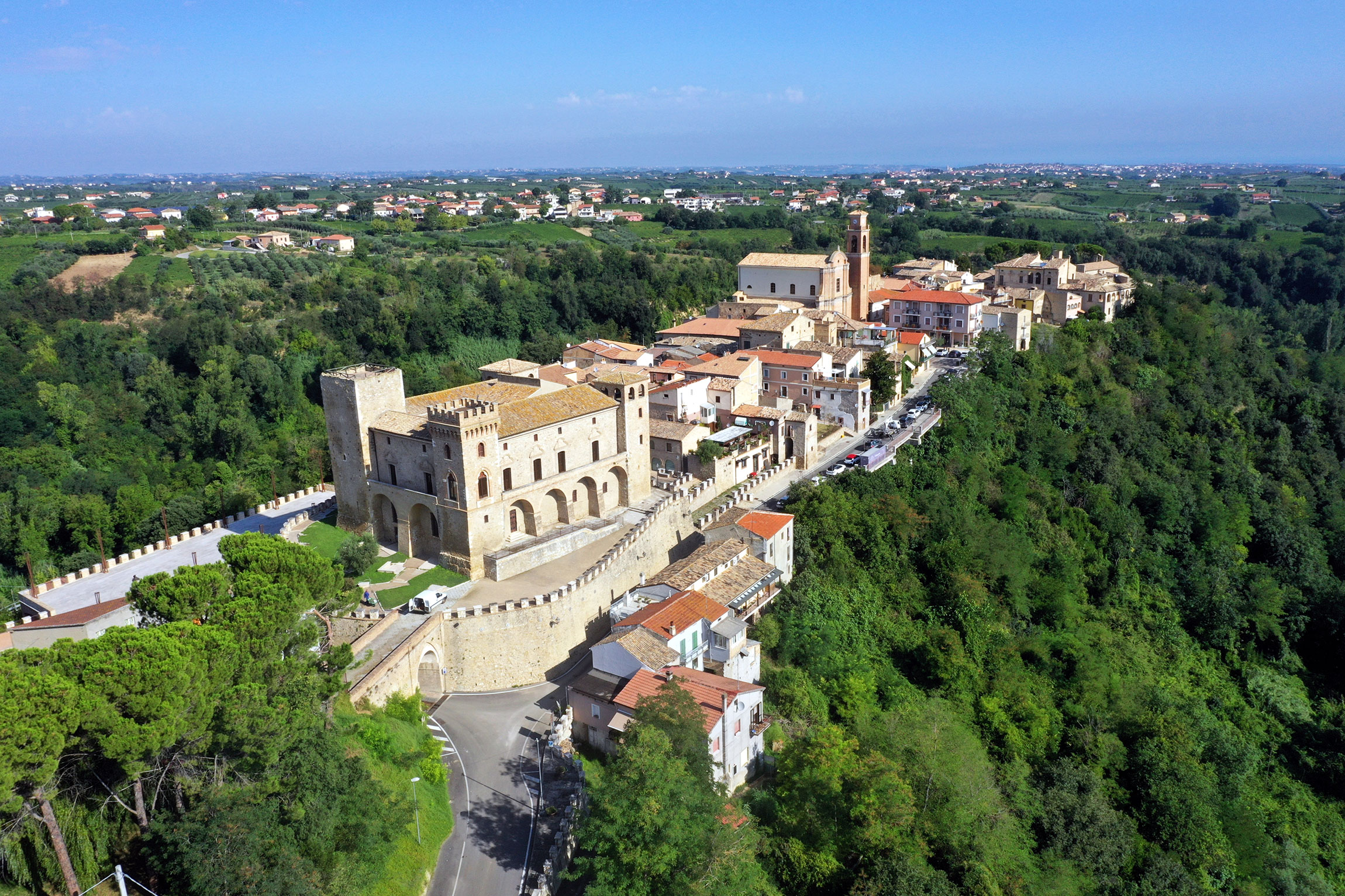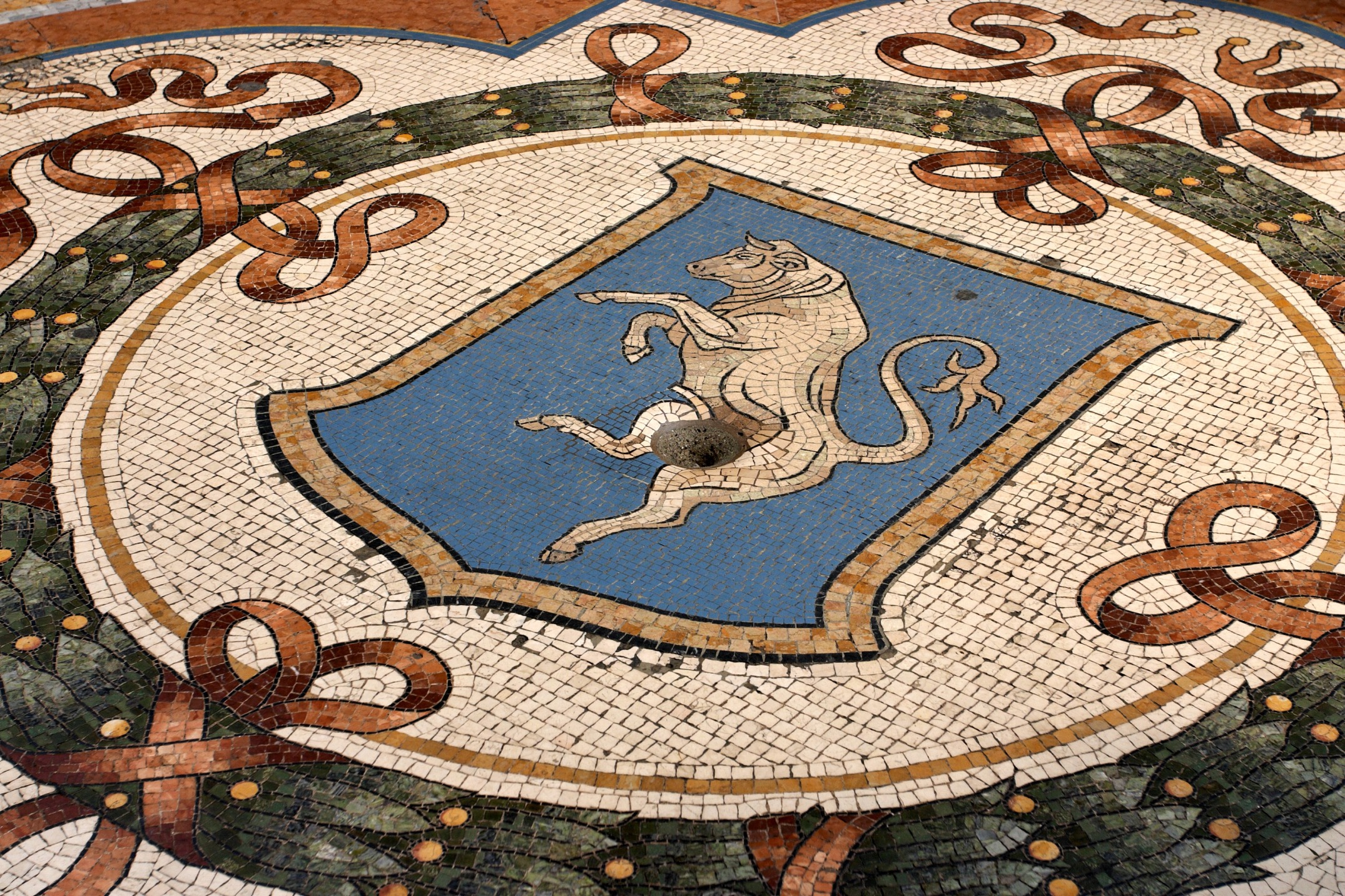Mazzini would not have been surprised at revelations that the N.S.A. (National Security Agency) had been monitoring our telephone, email and Internet use, had he been able to read the front pages of our newspapers lately.
The A.C.L.U. has filed a suit against the Obama administration and called the N.S.A.’s surveillance program “a gross infringement of the right to privacy”. Of course, the Obama Administration has defended both the program and the fact that its existence has been secret. Secret government programs that pry into people’s private affairs have been around for a long time. “Grazie” to Signor Enrico H. of New York, I can share an excerpt from a story with an Italian Connection (“Annals of Surveillance” by Jill Lepore”), which appeared in a recent issue of New Yorker magazine, with you.
***
Giuseppe Mazzini
Giuseppe Mazzini
Giuseppe Mazzini, an Italian exile living in London in Spring of 1844, became convinced that the British government was opening his mail. Mazzini, a revolutionary who’d been thrown in jail in Genoa, imprisoned in Savona, sentenced to death in absentia, and arrested in Paris, was plotting the unification of the kingdoms of Italy and the founding of an Italian republic. He suspected that, in London, he’d been the victim of what he called “post-office espionage”: he believed that the Home Secretary, Sir James Graham, had ordered his mail to be opened, at the request of the Austrian Ambassador, who, like many people, feared what Mazzini hoped- that an insurrection in Italy would spark a series of revolutions across Europe.
Mazzini knew how to find out: he put poppy seeds, strands of hair, and grains of sand into envelopes, sealed the envelopes with wax, and sent them, by post, to himself. When the letters arrived- still sealed- they contained no poppy seeds, no hair, and no grains of sand. Mazzini then had his friend T. Duncombe, a Member of Parliament, submit a petition to the House of Commons. Duncombe wanted to know if Graham had ordered the opening of Mazzini’s mail. Was the British government in the business of prying into people’s private correspondence? Graham said the answer to that question was a secret.
Questions raised this month about surveillance conducted by the National Security Agency have been met, so far, with much the same response that Duncombe got from Graham in 1844: the program is classified (This, a secret secret, is known as a double secret). Luckily, old secrets are secret; old secrets are history. The Mazzini affair led to “the first modern attack on official secrecy”. It stirred a public uproar, and eventually the House of Commons appointed a Committee of Secrecy “to inquire into the State of the Law in respect of the Detaining and Opening of Letters at the General Post-office”. In August 1844, the committee issued a hundred-and-sixteen page report on the goings on at the post office.
The report revealed that Mazzini’s mail had indeed been opened and that there existed something called the Secret Department of the Post Office. Warrants had been issued for reading the mail of the king’s subjects for centuries. Before Mazzini and the poppy seeds, the practice was scarcely questioned.
The entire episode was closely watched in the United States, where the New York Tribune condemned the opening of Mazzini’s mail as “a barbarian breach of honor and decency”. After the Committee of Secrecy issued its report, Mazzini published an essay called “Letter-Opening at the Post Office”. Two months after the Mazzini affair began, the Secret Department of the Post Office was abolished. What replaced it, in the long run, was even sneakier: better-kept secrets.
***
Gianni Versace was fatally shot in July 1997, in Miami Beach Florida on the steps of his mansion on 11th and Ocean Drive. Soon a small forest was growing on the steps of a mansion owned by world renowned fashion designer Gianni Versace. Not a forest of trees, but of freshly cut flowers and wreaths. There were also glass candles, crucifixes with rosaries, and posters stating “Versace legend!” It was on these steps that Versace died. A world famous Italian designer who owned the second largest clothing line in the world. Versace fell in love with Miami Beach in 1992. He purchased the Amsterdam Palace for 2.95 million and made it his residence.
I saw the floral tributes to Versace on the steps because I rode down to Miami as I was in Florida between July 23 and 27th, 1997 staying at The Breakers up in Palm Beach for the 75th Convention of UNICO, the largest Italian-American service organization in the United States. It was at the 75th UNICO convention that the membership, in an open vote with yes or no paddles, finally voted to admit women!
***
Discovery of iron ore, coal and limestone in Alabama and the deep South led to establishment of “Little Italy” shanty towns throughout the state, as thousands of Italian immigrants, largely from Sicily, arrived there in the late 19th century.
The city of Birmingham, Alabama had no pre-civil war history, but it was established in 1871 when iron ore, coal and limestone were discovered in its hills. These resources were the raw materials for pig iron and steel, building blocks of the newly United States of America. The discovery of these rich deposits made Birmingham a Mecca for Italians and other southern European immigrants.
The city’s industrialists desperately needed laborers for their coal mines and steel mills. No English was no obstacle since the tasks were simple, though backbreaking and dangerous, especially in the coal mines. By 1930, about 2,500 families lived in Birmingham and its suburbs, making them the largest immigrant group in the city. Thousands of Italians emigrated to America and settled in the Deep South to work in coal mines and steel mills and to farm the land, but within decades of their arrival, many moved into the middle class as prosperous owners of thriving businesses.
***






























